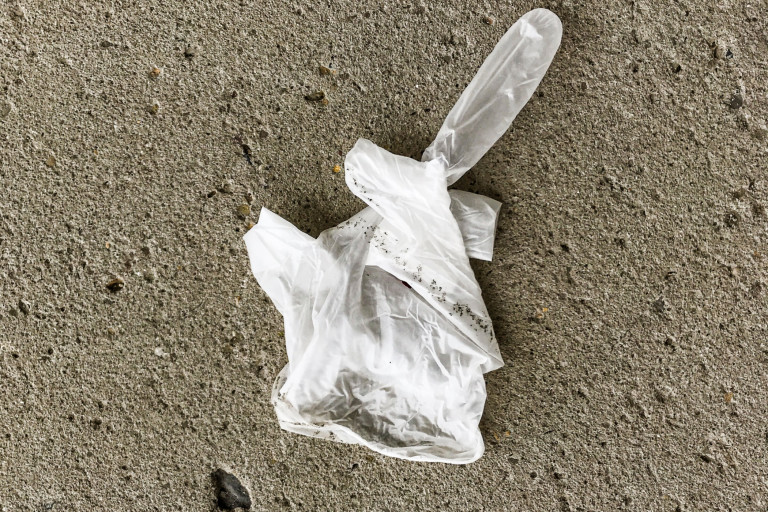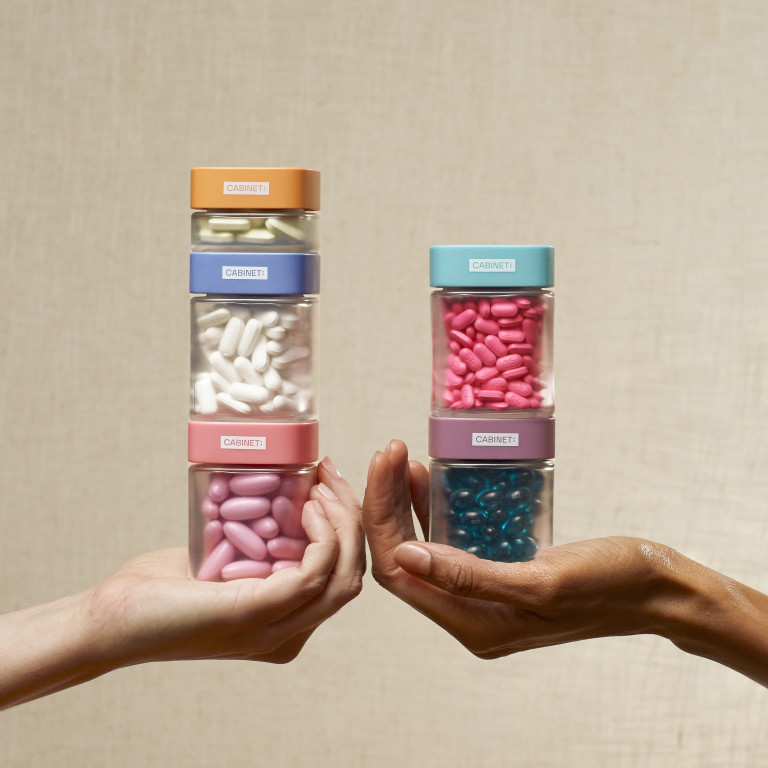This week we interviewed Dr. Cindy Wu, an experienced community pharmacist, to get a behind-the-scenes account of the waste issue in pharmacy.
What is your current role?
I’m currently the interim pharmacy manager for a 340B pharmacy located within a community health center based in Massachusetts.
Do you feel like paper and/or plastic waste is an issue in healthcare?
Paper and plastic waste has always been an issue I’ve noticed. I’ve worked as a pharmacist or pharmacist intern at several different pharmacies throughout the past eight years and waste has been a pretty consistent problem.
I remember discussing with fellow classmates how much paper we wasted each day due to reprinting labels and tossing empty vials that couldn’t be reused, but systems and workflows cannot easily be changed. Depending on how busy a pharmacy is, one could expect a given pharmacy to throw out several commercial trashcan-sized bags full of paper and plastic vials every day.
Some waste is more difficult to reuse or recycle, such as: hazardous materials, hazardous drugs, labels or paperwork containing HIPAA-protected information.
What is your experience with unnecessary waste in the pharmacy or previous pharmacies you’ve worked at?
My experience is that a lot of waste is unnecessary, but there isn’t really a way around it. Pharmacy workflows are the key to a well-oiled machine and wasteful practices are, unfortunately, ingrained into that system. Some common examples of unnecessary waste across all pharmacies I’ve worked at include:
Reprinting an entire sheet of paper just to fix directions on a vial.
Reprinting entire labels to return prescriptions that were never picked up to stock.
When returning prescriptions that were never picked up, it’s common practice to toss the perfectly unused vials away due to the presence of a small amount of medication residue.
Are there workarounds to decrease waste in your role?
My team and I try to reuse return-to-stock medicine as much as possible, but other than that, there aren’t many other ways to decrease waste. I wish there were more workarounds!
What are some ways you work to decrease the amount of waste your pharmacy generates?
We do what we can. We try to rubber band return-to-stock bottles with their corresponding stock bottles to encourage these to be used first. We also check the balance on hand of our medication before printing medicine labels, so we can avoid printing labels for medicines we don’t have in stock. This decreases the need to print duplicate labels for orders.
How much do you learn about the environmental impacts of healthcare in school?
Unfortunately, we really didn’t learn anything about this topic.
How much do you learn about minimizing waste at work?
Efficiency and accuracy is prioritized over waste management, therefore we don’t always have the time, or even the capability, to ensure items are reused or recycled.
Do you have any tips for patients on how they can help prevent waste in the pharmacy or how they can recycle/reuse bottles?
It’s difficult to encourage patients to reuse bottles when picking up refills because it could lead to medication errors or HIPAA violations, so I wouldn’t recommend reusing plastic bottles. Instead, I’d encourage patients to pick up higher quantities of chronic medications at a time—such as a 90-day supply over a 30-day supply. This can reduce the amount of trips taken to the pharmacy while minimizing the amount of paperwork and vials used per prescription per year.
Read more about waste in the field and how you can make your trips to the pharmacy more sustainable here.









